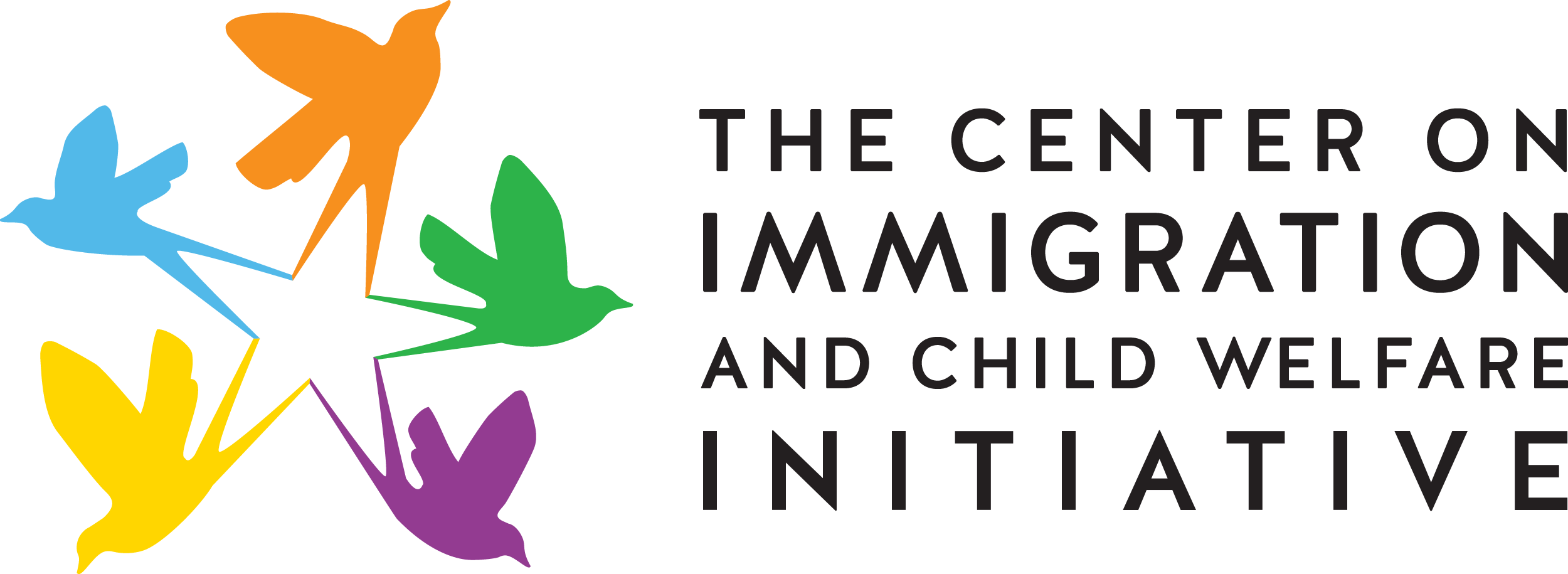Immigration Benchbook for Juvenile and Family Courts
Immigrant Legal Resource Center (July 2010)
This is a national benchbook for juvenile and family court judges on various immigration related issues including: Special Immigrant Juvenile Status, adoption, VAWA, U Visas, divorce, child custody, immigration consequences of delinquency and crime, and immigration enforcement.
Read the full text
